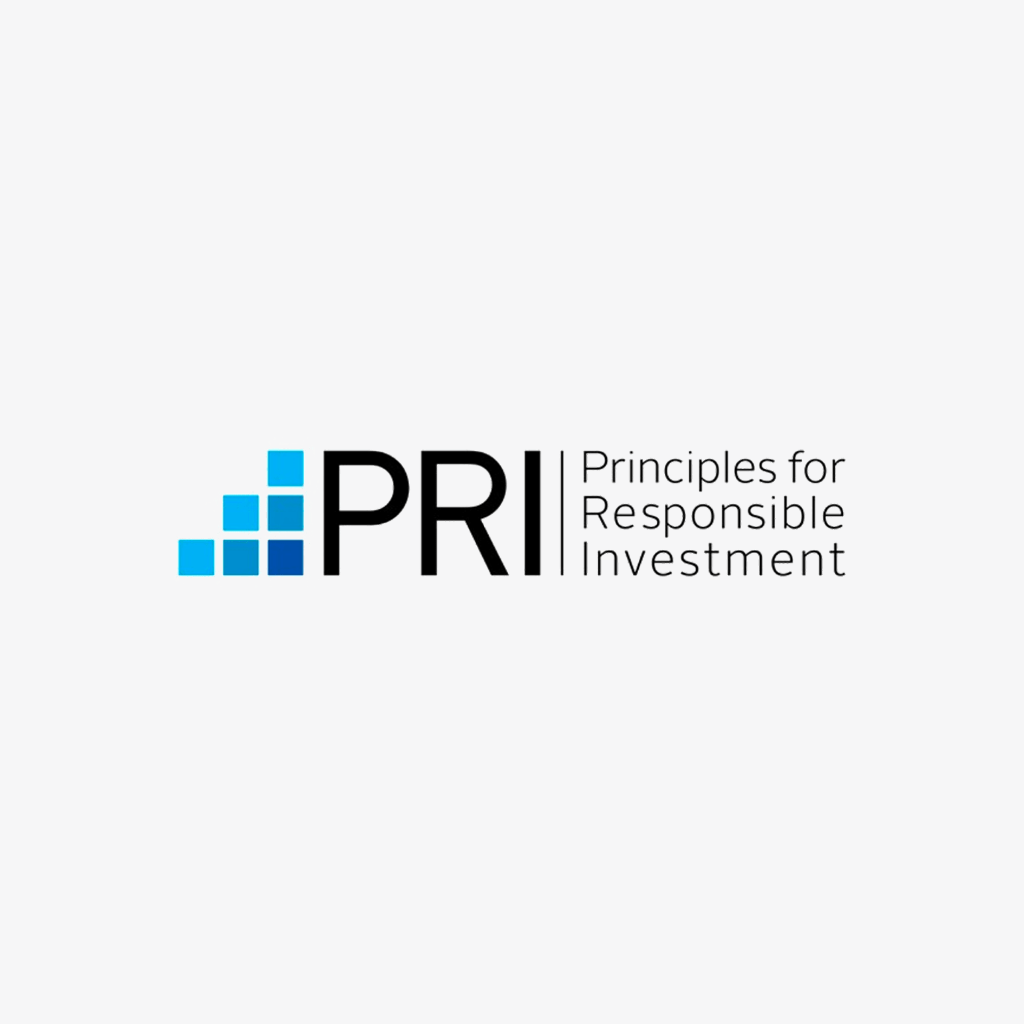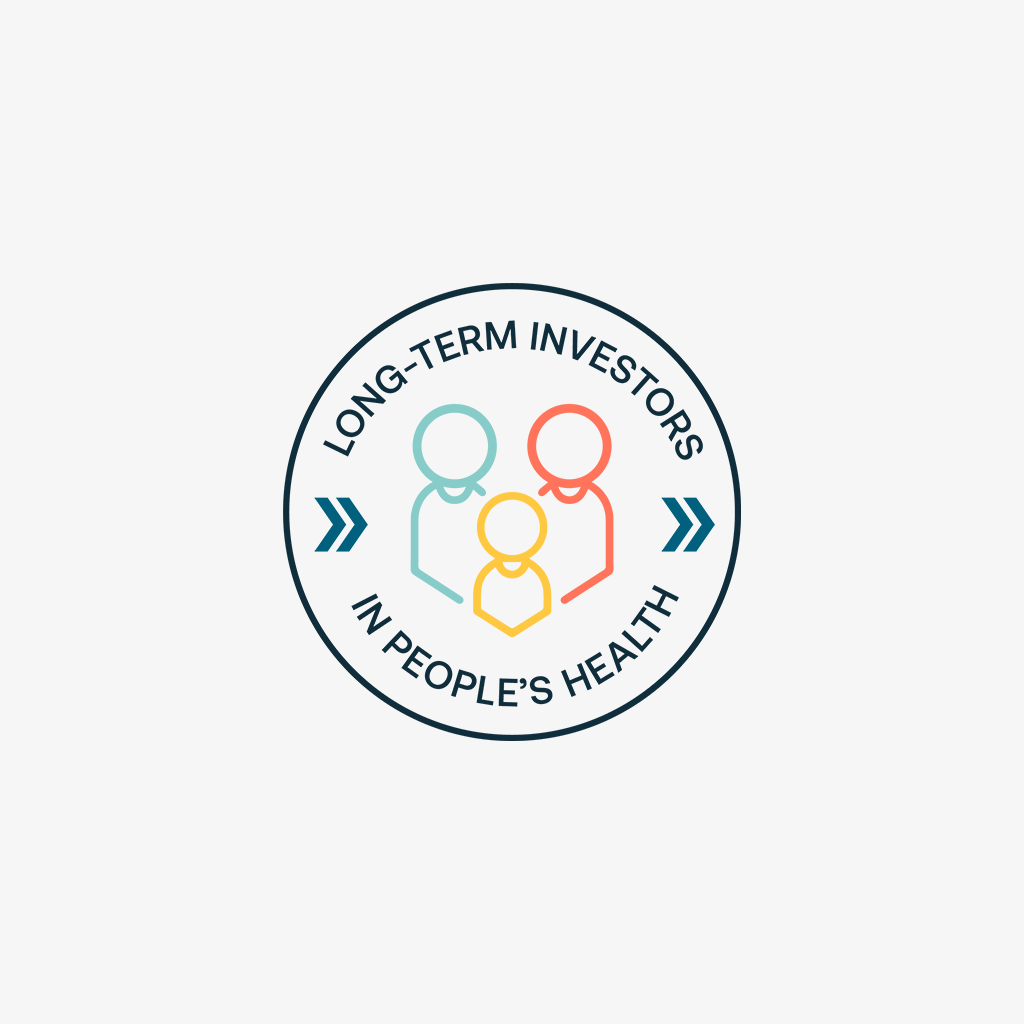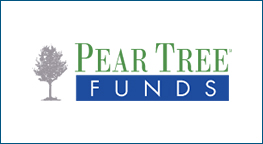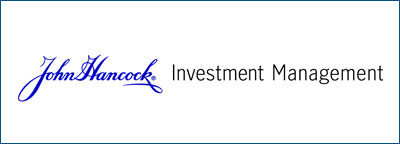
Axiom’s approach to responsible investing emphasizes active engagement and advancing positive change
Axiom has integrated responsible investing into both alpha generation and risk management since the inception of the firm in 1998, with a differentiated focus on engaging and investing in companies committed to improving their sustainability profile.
Axiom PRI Reporting Scorecard
| Policy Governance & Strategy | 5/5 |
|---|---|
| Direct – Listed Equity – Active Fundamental | 5/5 |
| Confidence Building Measures | 5/5 |
About PRI Assessment
Assessment Report 2025: Axiom Investors
Transparency Report 2025: Axiom Investors
PRI Assessment Scores representing the period 01/01/2024 – 12/31/2024 were given to Axiom Investors LLC on 11/24/2025. The scores were created and tabulated by PRI Association, 25 Camperdown Street, London, E1 8DZ, UK. Axiom Investors LLC pays an annual membership fee to the PRI association, which covers, amongst other things, the services associated with creating and tabulating the ratings, reports and assessments. The ratings, reports and assessments shown above may not be indicative of Axiom Investors’ investment performance, or any future investment performance or sustainability accomplishments. The ratings, reports and assessments may not be representative of any client’s individual experience.
Ahead of the Curve Responsible Investing
- Focus on engagement opportunities and investing ahead of sustainability improvements
- Active engagement with portfolio companies to enhance performance
- Sustainability criteria integrated into our proprietary risk AND return ratings
- Continuous monitoring & review in our Axware research database
- Sustainability considerations integrated into our proxy voting policies and shareholder initiatives
- Senior leadership across all departments sustaining our holistic firm wide approach
Responsible Investing in Our Investment Process
Identify improving sustainability characteristics through our fundamental, bottom-up idea generation process leveraging Axiom’s fundamental proprietary research database, Axware, powered by an experienced, cohesive investment team.
Holistic assessment of all key micro and macro drivers analyzed in absolute terms as well as relative to market expectations, including an analysis of a companies current sustainability profile. Arrive at a consistent, proprietary, and transparent firmwide risk and return rating incorporating sustainability characteristics.
Sustainability profile and potential for positive change contributes to Axiom’s risk and return ratings informing portfolio construction and company engagements.
Continuous monitoring of sustainability developments results in proactive adjustment to risk and return rating, portfolio positioning, management engagements and proxy voting
Axiom Policies
Axiom is committed to responsible investing and stewardship. Our efforts are well-defined and robust. We implement these policies to ensure sustainable business practices both as investors as well as a company. At a firm level, we are actively focused on reducing paper, water and energy waste, maintaining an efficient office including promoting the use of mass transit where feasible.
View Our Policies
Meet Our Management & Sustainability Leadership Team
The term “ESG” is not uniformly defined across the industry. Investment managers may understand and apply ESG factors in different ways, and the role those factors play in investment decisions also varies. Like any aspect of investment analysis, there is no guarantee that an investment strategy that considers ESG factors will result in performance better than or equal to strategies that do not consider such factors. Investing and making buy-and-sell decisions that emphasize ESG factors carries the risk that, under certain market conditions, the strategy may underperform those that do not incorporate such factors explicitly into the decision-making process. The application of ESG criteria may affect exposure to certain sectors or securities and may impact relative investment performance depending on whether such sectors or securities are generally in or out of favor in the market.




